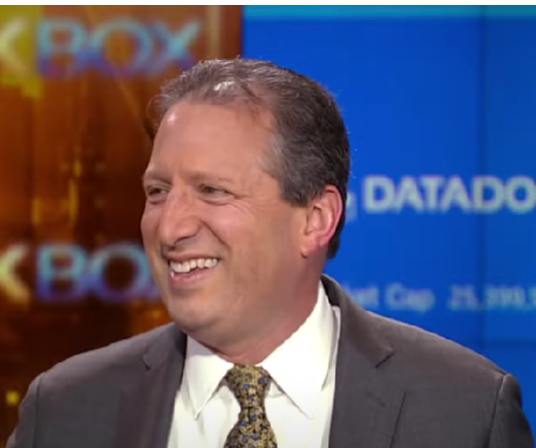With the ever-expanding push toward green energy, some pension systems and university endowments have begun divesting from fossil fuels. While climate change activists see this investment move as much-needed push back on energy sources deemed as dirty, there are serious implications for public pension systems and the retirees who rely upon them.
In theory, the idea behind divesting in fossil fuels is a hope that the general public would use more green energy and rely less on non-renewable energy. But the economics are much more complicated than that. Critics of green energy claim solar and wind energy are not capable of replacing non-renewable energy – like coal or nuclear power – in the near future or during extreme weather conditions. Remember that historic ice freeze in Texas in 2021?
The arguments against fossil fuel divestment point out that divesting is not boycotting. If shareholders with good intentions sell of all their stock in fossil fuels, who will buy them? Perhaps it will be those with ill intent and little thought will be given to the environment at all.
In 2021, New York City divested over $4 billion from two of its pension systems. Across all pension systems, as reported by the Harvard Business Review, “more than $40 trillion in assets have been committed to divestment — that’s almost two thirds of the entirety of global pension fund assets under management ($56 trillion).”
Public pensions in New York are big deal; the New York State Constitution guarantees funding of public sector employees’ pensions. This protection in turn applies a lot of pressure to those in charge of these pension systems to ensure they are making the soundest investments possible.
And it’s not just government accountants who oversee these pension systems. Union officials also play a part in managing some pension funds.
In New York City, one union-run pension fund is accused of having a “severe lack of board oversight,” according to New York City Comptroller Brad Lander. Lander, in a letter, urged the New York Department of Financial Services to review the Board of Education Retirement System’s (BERS) budgeting and investments processes. Lander said that he is concerned about BERS because of the pension fund’s poor controls in bidding processes and lack of detailed information for its trustees to make investment decisions. For example, trustees are given a one-page summary by BERS staff instead of detailed investment recommendations from the comptroller’s office.
BERS manages the pensions for 57,000 school crossing guards, school lunch workers, and other non-teaching employees within the New York Department of Education. The pension fund is managed by union officials, such as Donald Nesbit. Nesbit is a BERS trustee and serves as vice president at District Council 37’s Local 372.
Nesbit called Lander’s claims “baseless” and said BERS follows sound processes.
But imagine a similar case playing out in other union-run pension funds, where sound investment processes are tossed to the wayside and place union members’ retirements at risk in the name of fossil fuel divestment. After all, it could happen since unions sit on pension fund boards as trustees and have the final say in investment decisions.
Question remain of whether fossil fuel divestment activism creates the opposite effect in creating more carbon emissions. For example, if a private oil corporation such as ExxonMobil leaves fossil fuel development, the void is filled by a state-owned gas corporation like Aramco in Saudi Arabia. Divestment activists admit that state-owned gas corporations face less scrutiny, are less transparent with their operations and environmental impact, and could increase oil production that leads to more carbon emissions.
What has been gained from divestment in fossil fuels? Before pension systems make these knee-jerk reactions to appease the environmentalists, they need to take a deep look into how this might impact the future pension of today’s workers.
What are your thoughts on pension systems divesting from fossil fuels? Are you part of a system that has already done so? Do you fear it might impact your potential retirement?
We’d love to hear from you.
